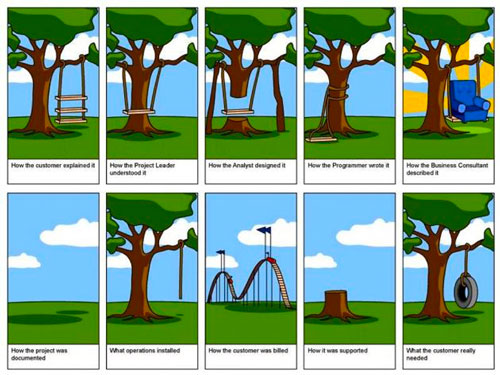During the 14th century, an English logician developed a meta-theoretical principle called Occam’s razor. It’s the notion that if you have two theories for explaining something, it’s likely that the simpler of the two is correct. When it comes to addressing innovation in today’s market, this is the lens that I use.

While some sectors are beginning to show signs of recovery, economists still warn investors and businesses of slow U.S. growth and a potential double-dip recession. As a result, new corporate strategies continue to neglect investing in long-term solutions to focus on meeting short-term goals. This viewpoint has hindered the innovation process for the past few years, and sadly, it still continues to burden the capabilities of companies today.
Occam’s razor suggests the main barriers to innovation are the simple cultural things that professionals overlook because they like to believe that they are more advanced than they are. I’ll focus on one: The vast majority of innovative efforts fail because of a lack of trust and support between team members. When it comes to special, dangerous ideas, most team members don’t trust each other and thus miss out the benefits of collaboration and collective wisdom.
The irony of this is that a growing ecosystem of Web 2.0 tools gives businesses the flexibility to discuss, define and solve market problems, so while we have the ability to generate opportunities from a myriad of internal and external sources, the lack of trust among team members is a major contribution for the lack of development. Without trust, collective wisdom and participation can’t flourish. We know this, which is why many great ideas are kept within the confines of one’s mind. Much to the detriment to the state of innovation, they are, much safer there.





